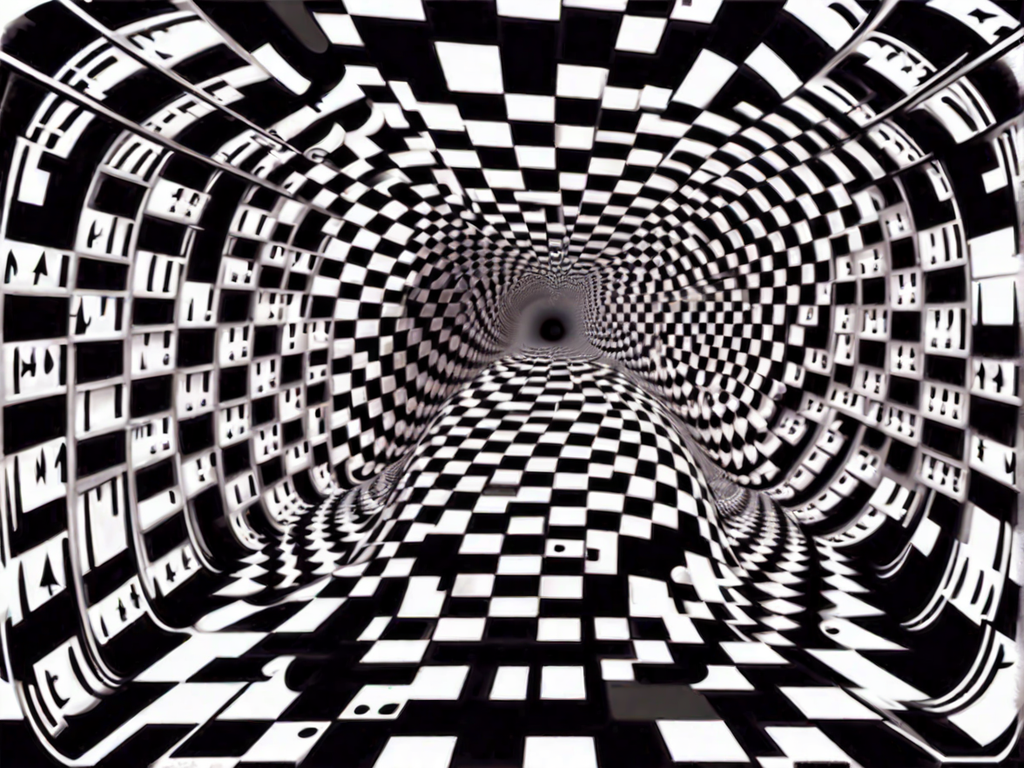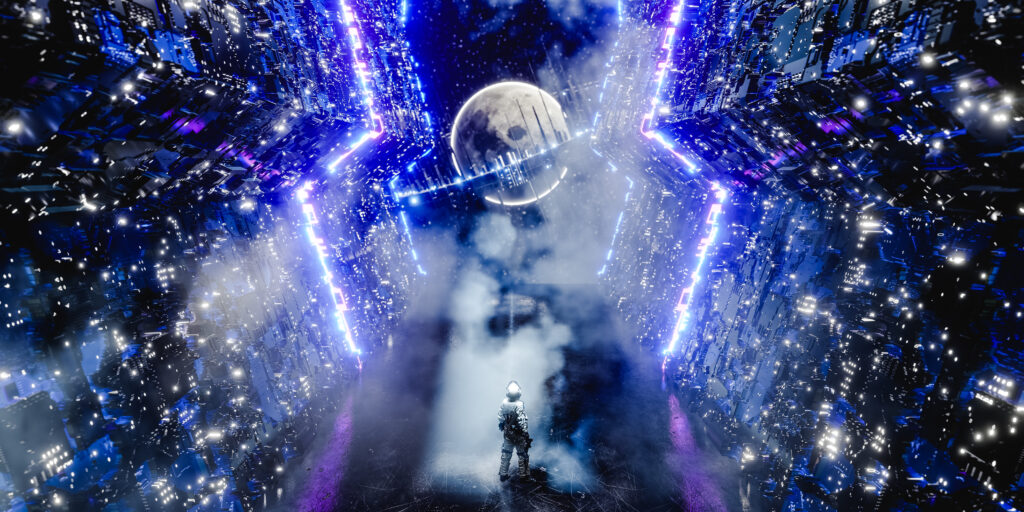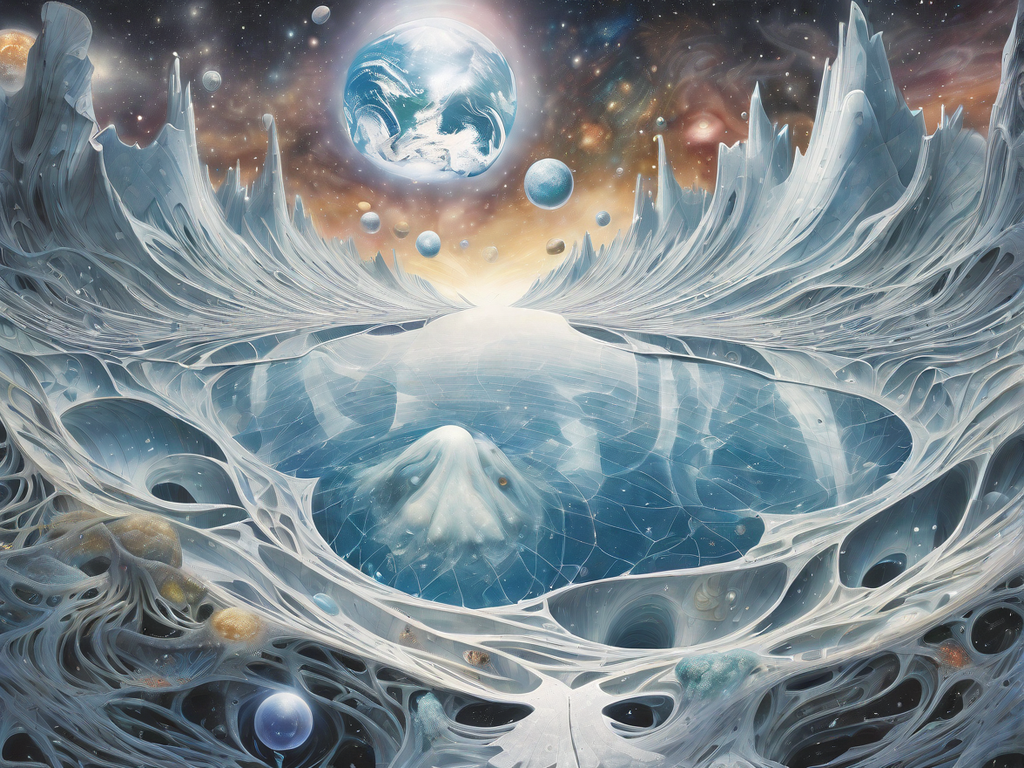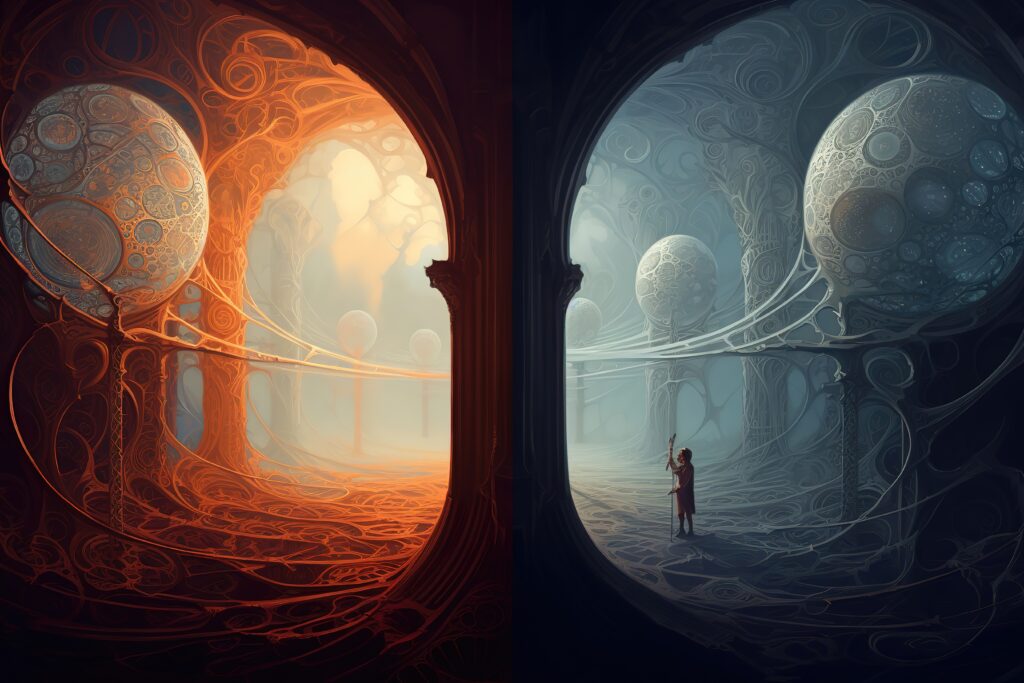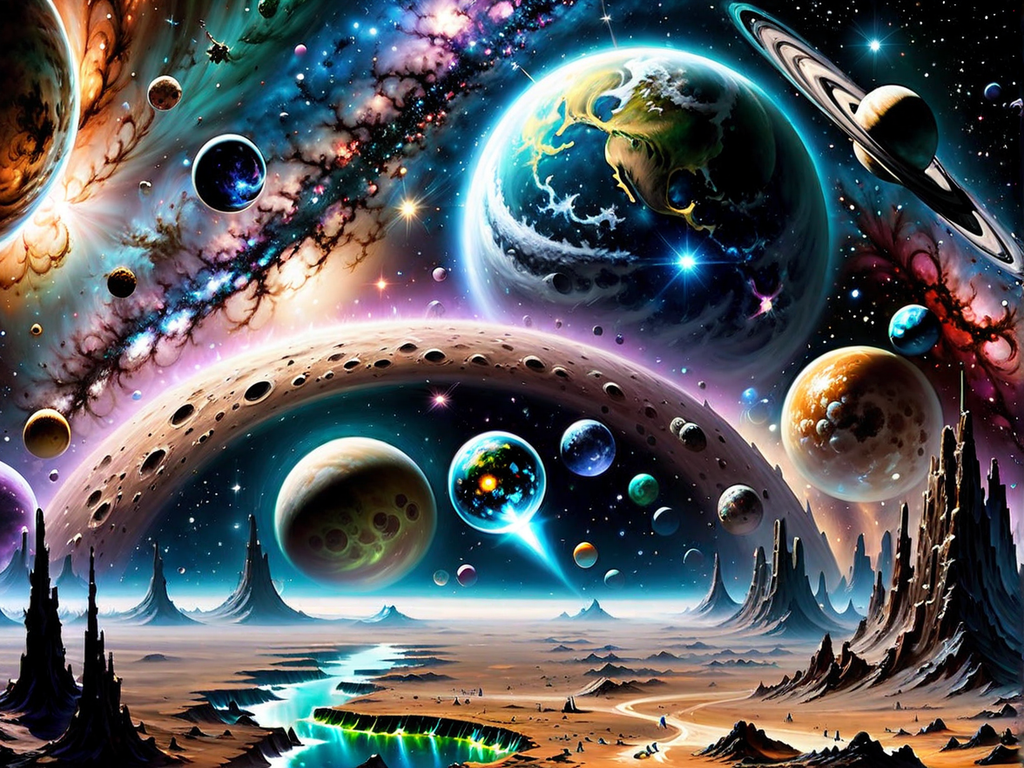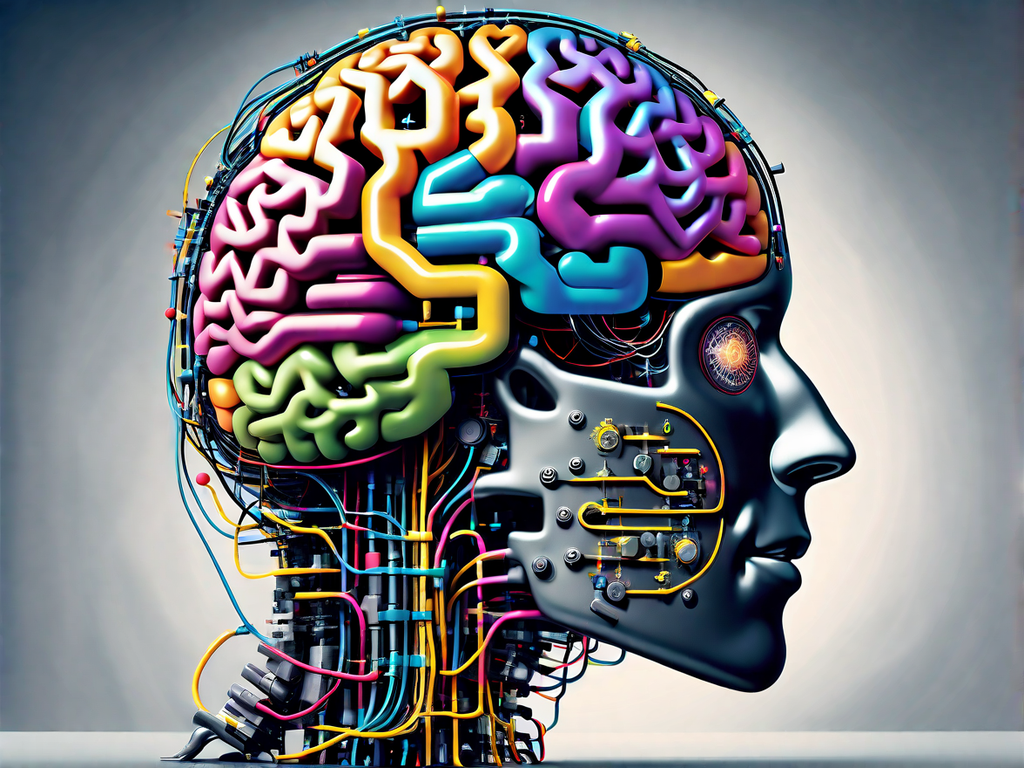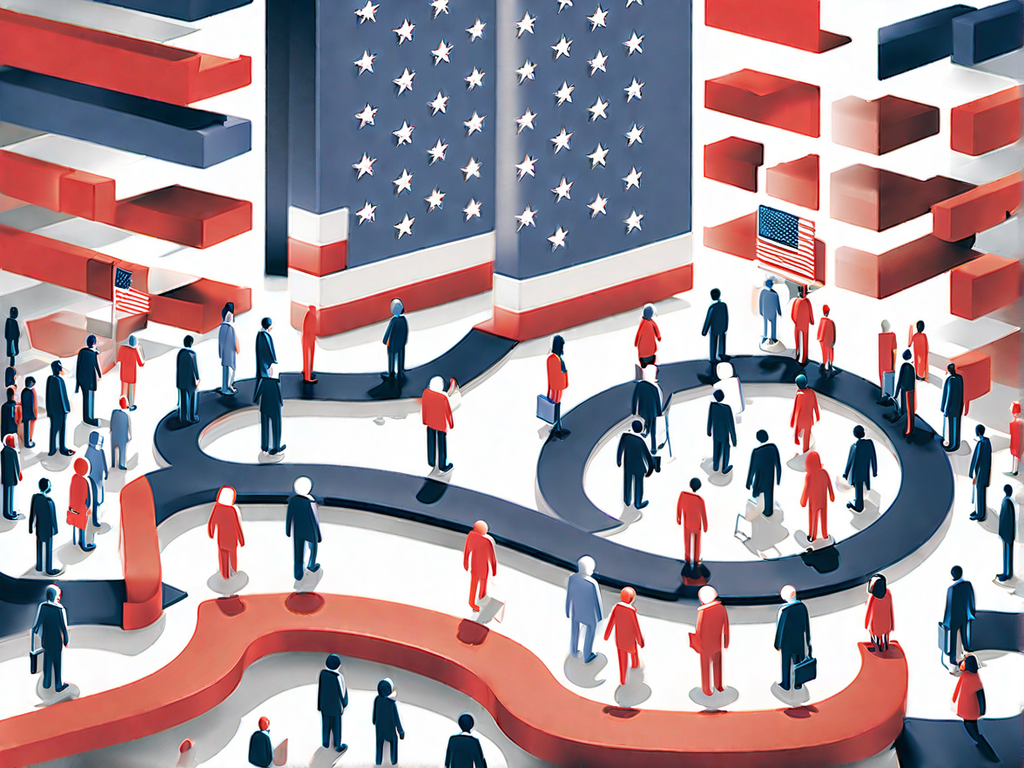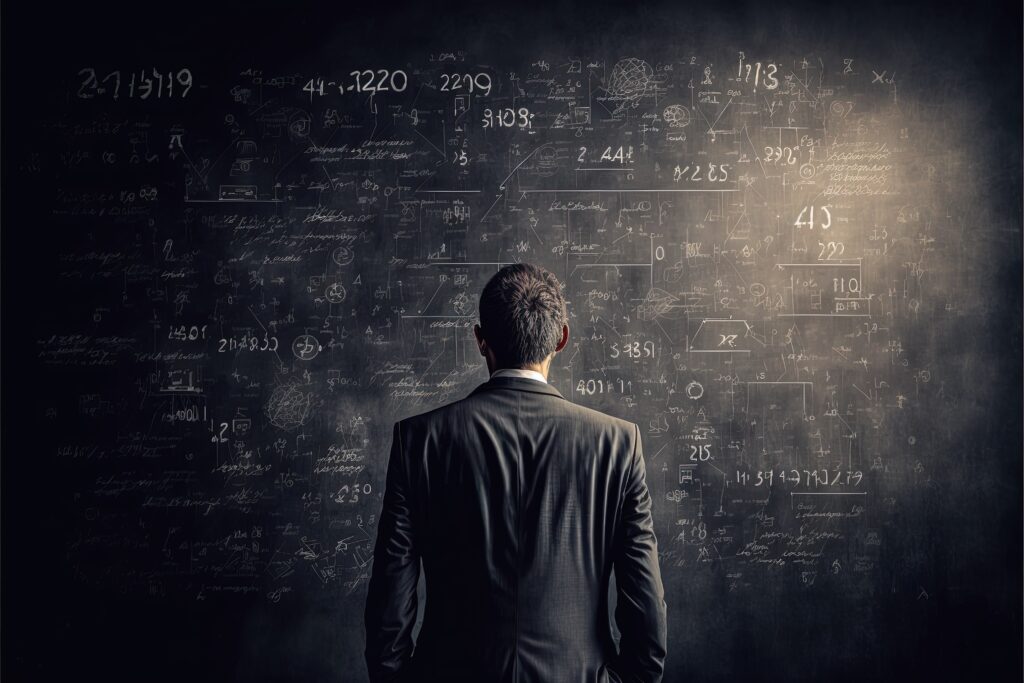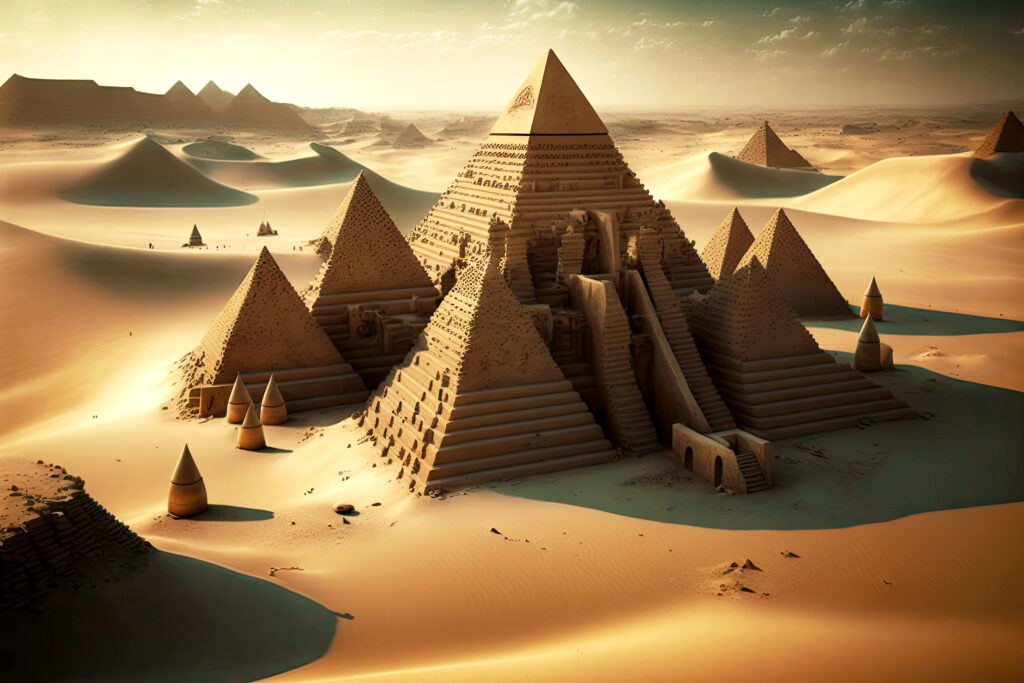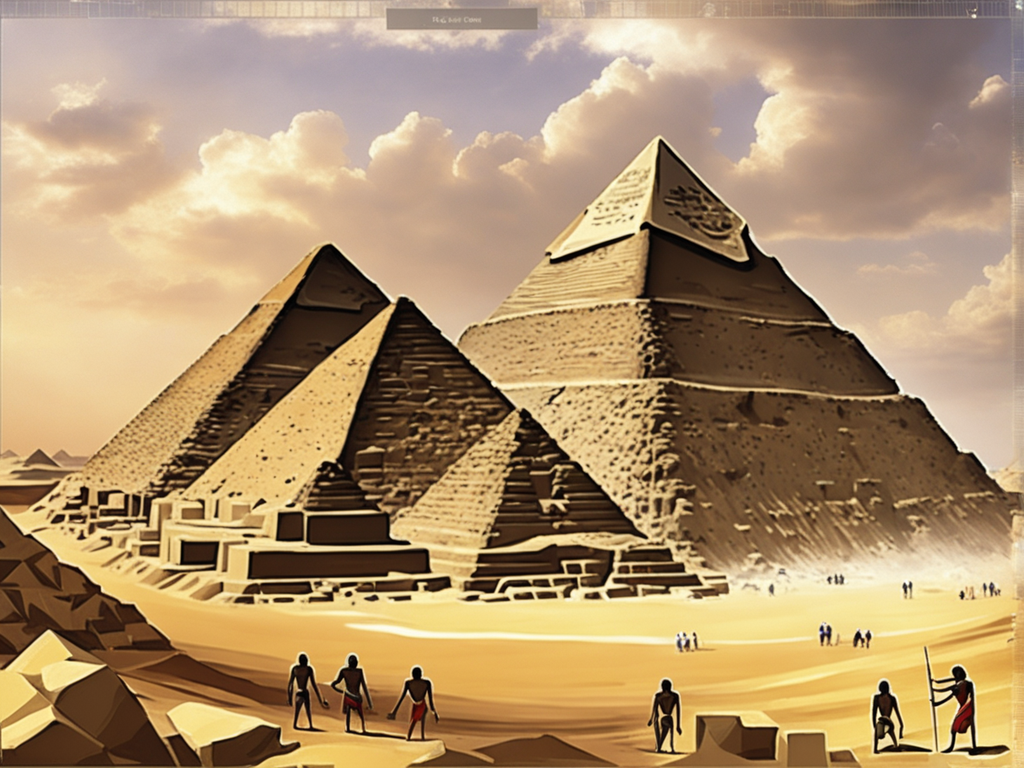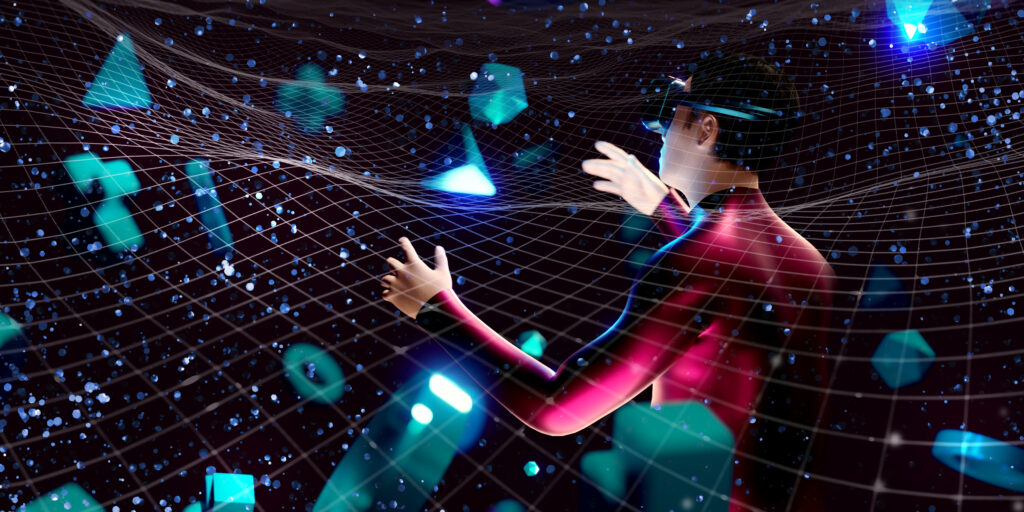Time travel, a concept that has fueled our imaginations for centuries, remains one of the most tantalizing enigmas in the realm of theoretical physics and science fiction. The notion of journeying backward or forward in time, altering the course of history, or witnessing the mysteries of the past and future is a topic that continues to captivate our minds. In this deep dive, we will embark on a journey into the beguiling world of time travel, uncovering the perplexing theories and paradoxes that surround it, and leaving you with profound questions to contemplate.
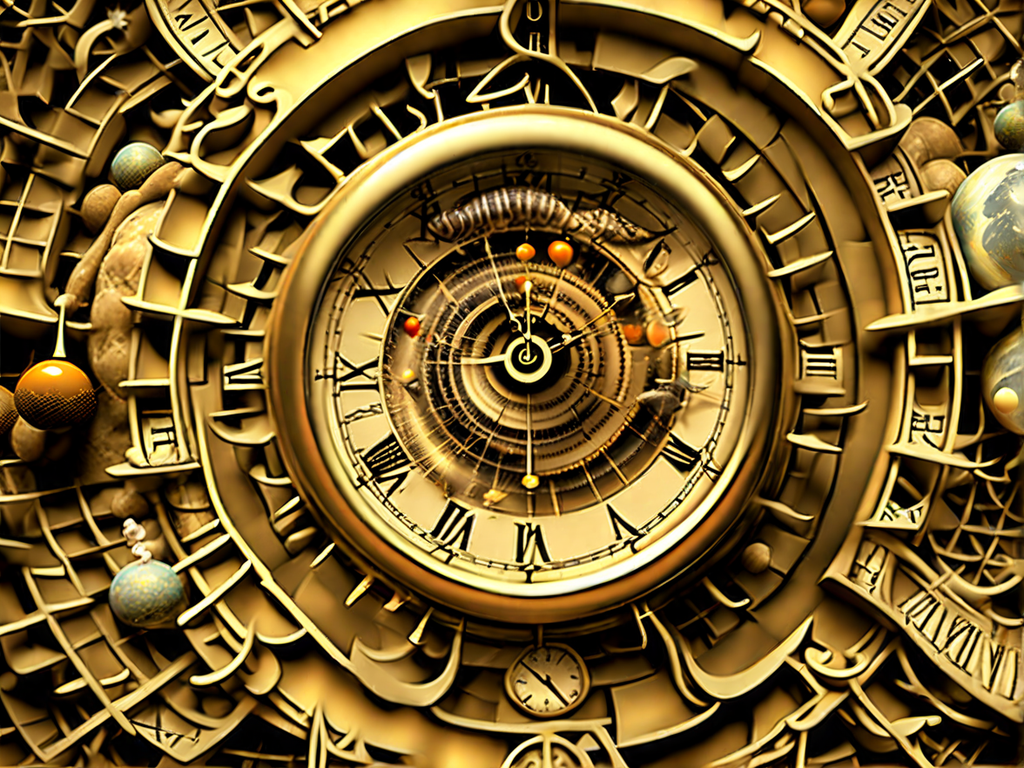
The Temporal Conundrum
Time travel is an idea that strikes at the very heart of our understanding of the universe. It poses questions about the nature of time, causality, and the fabric of reality itself. While we have yet to build a time machine, the concept of time travel has not only shaped the narratives of science fiction but also prompted extensive debate among physicists and philosophers.
Theoretical Possibilities
According to the theory of general relativity, as proposed by Albert Einstein, time is not an absolute constant but a dimension intricately linked with space. This theory, combined with the concept of wormholes, black holes, and the theory of relativity itself, provides the groundwork for potential mechanisms of time travel.
The Twin Paradox
The twin paradox is one of the most famous thought experiments in the realm of time travel. It explores the idea of one twin traveling at near the speed of light while the other remains on Earth. The traveling twin would age more slowly, returning to find their sibling considerably older. This paradox highlights the fascinating relationship between time, space, and motion.
Wormholes: The Cosmic Shortcuts
Wormholes are theoretical passages through spacetime that could potentially connect distant points in the universe. If traversable wormholes exist, they might offer a way to journey through time. However, wormholes are purely theoretical constructs, and their existence is far from confirmed.
The Grandfather Paradox
The Grandfather Paradox is a classic time travel conundrum. If you were to travel back in time and prevent your own grandfather from meeting your grandmother, you’d create a logical contradiction. If your grandparents never met, you could never have been born, which means you wouldn’t be able to travel back in time to prevent their meeting. This paradox raises questions about the possibility of changing the past and the nature of causality.
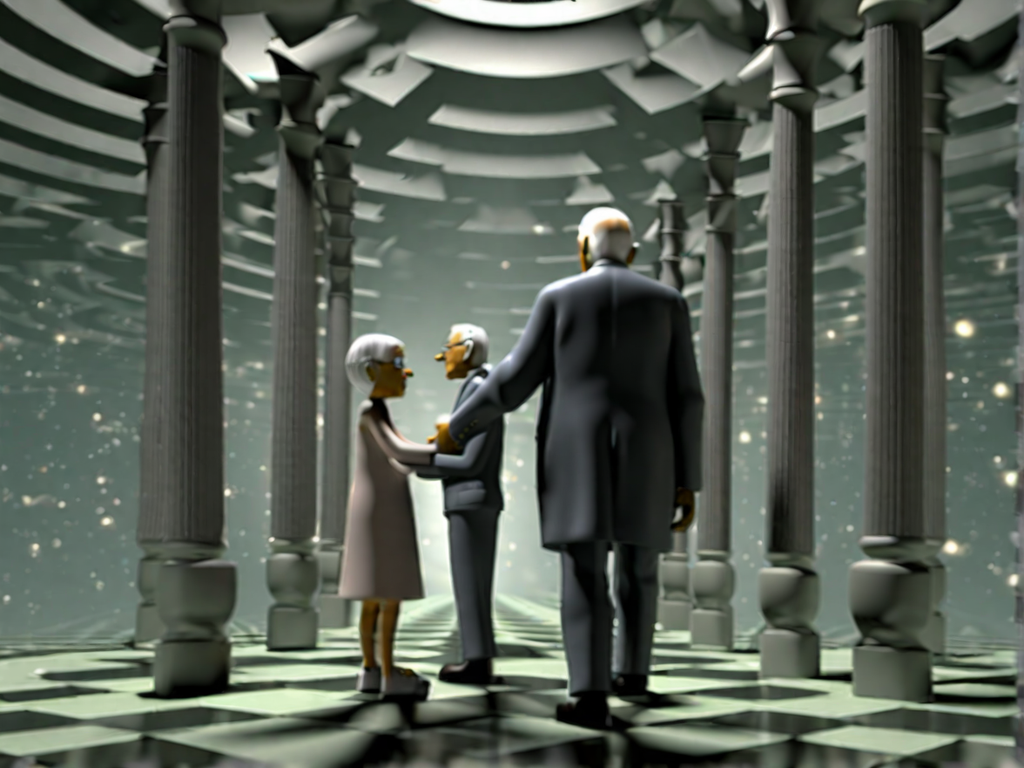
Time Travel and Multiverse
Some theories suggest that time travel might be possible without creating paradoxes by invoking the concept of a multiverse or parallel universes. In a multiverse, each possible outcome of an event occurs in a separate universe. Time travelers might jump between these parallel realities, avoiding paradoxes.
Temporal Ethics
Time travel isn’t just a matter of physics and causality; it also raises ethical dilemmas. If we could travel through time, what responsibilities would we have to the past and future? How would our actions affect the course of history and the lives of individuals? These questions delve into the moral and philosophical dimensions of time travel.
The Irresistible Allure
Time travel remains an irresistible concept, a testament to humanity’s boundless curiosity. It prompts us to explore the intricacies of the universe and to ponder profound questions about fate, free will, and the very nature of reality. Whether we ever build a time machine or not, the allure of time travel endures.
Pondering the Paradox
As we conclude our journey into the curious world of time travel, we invite you to share your thoughts and reflections. How do you perceive the tantalizing possibilities and paradoxes of time travel? What mysteries of the past or future would you like to explore if given the chance? Let’s engage in a discussion that delves into the intricate and captivating world of time travel and encourages us to contemplate the boundaries of our understanding and the enigmas of time itself.



